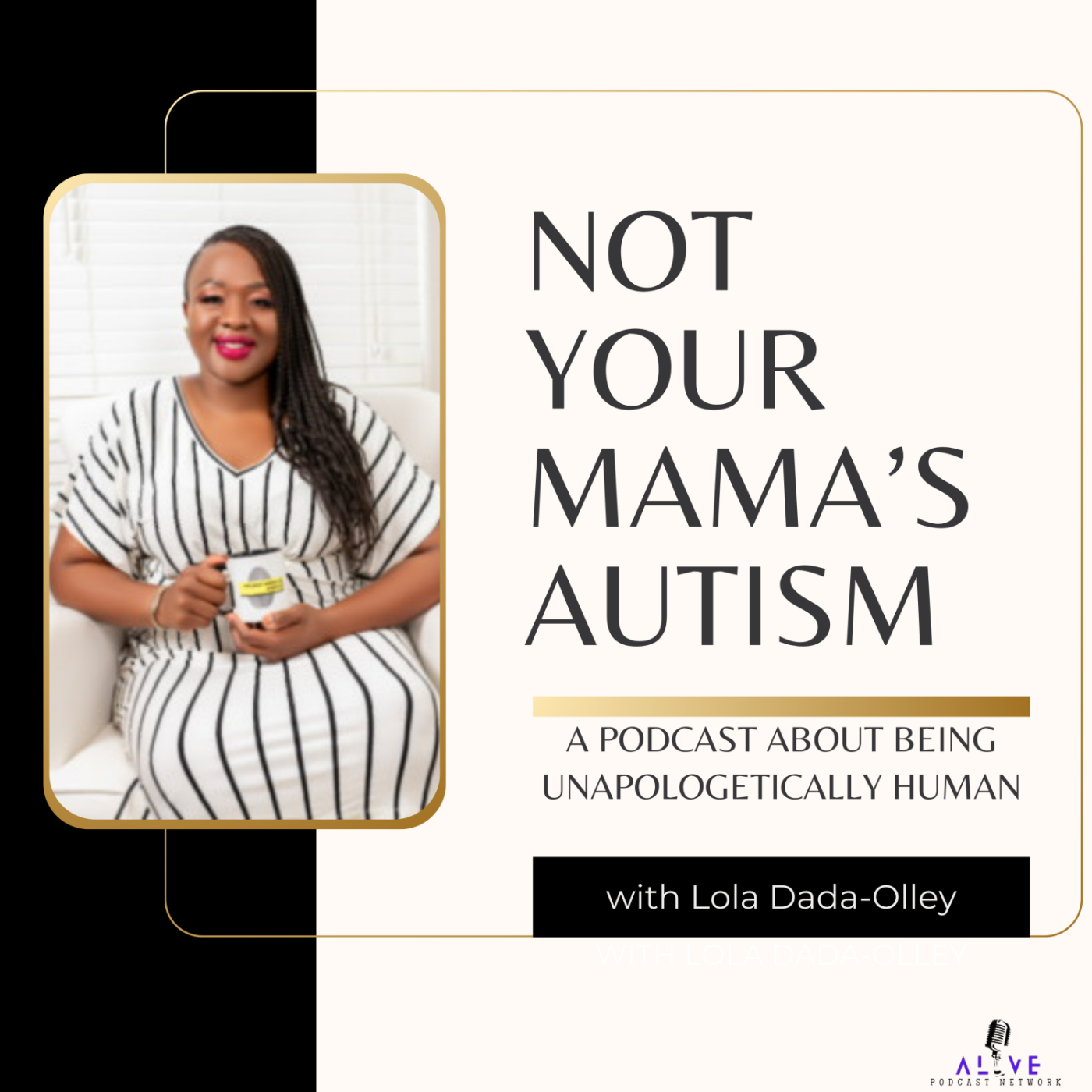In this episode, Dr. Kim Floyd, a professor of special education and an innovator, discusses her evolution in the education space and her role in standing up a center focused on assistive technology with people with disabilities. She shares her journey into special education, the development of a multidisciplinary approach, and the importance of trauma-informed practices in education.
Dr. Floyd also highlights the unique challenges and strengths of rural communities in special education and the work of the American Council on Rural Special Education. She discusses the Center for Collaborative Assistive Technology Education Lab and the exciting projects coming out of the lab. Finally, she explores how assistive technology can level the playing field in education and therapy.
The conversation explores the importance of assistive technology in education and the challenges faced in implementing it. It highlights the need for personalized and inclusive classrooms that cater to the diverse learning needs of students. The role of AI in leveling the playing field is discussed, acknowledging both the benefits and potential drawbacks. The conversation also emphasizes the importance of historical and cultural awareness in education and the need for teachers to be resilient, empathetic, and adaptable. The American Council of Rural Special Education (ACRES) is mentioned as a resource for further information.

